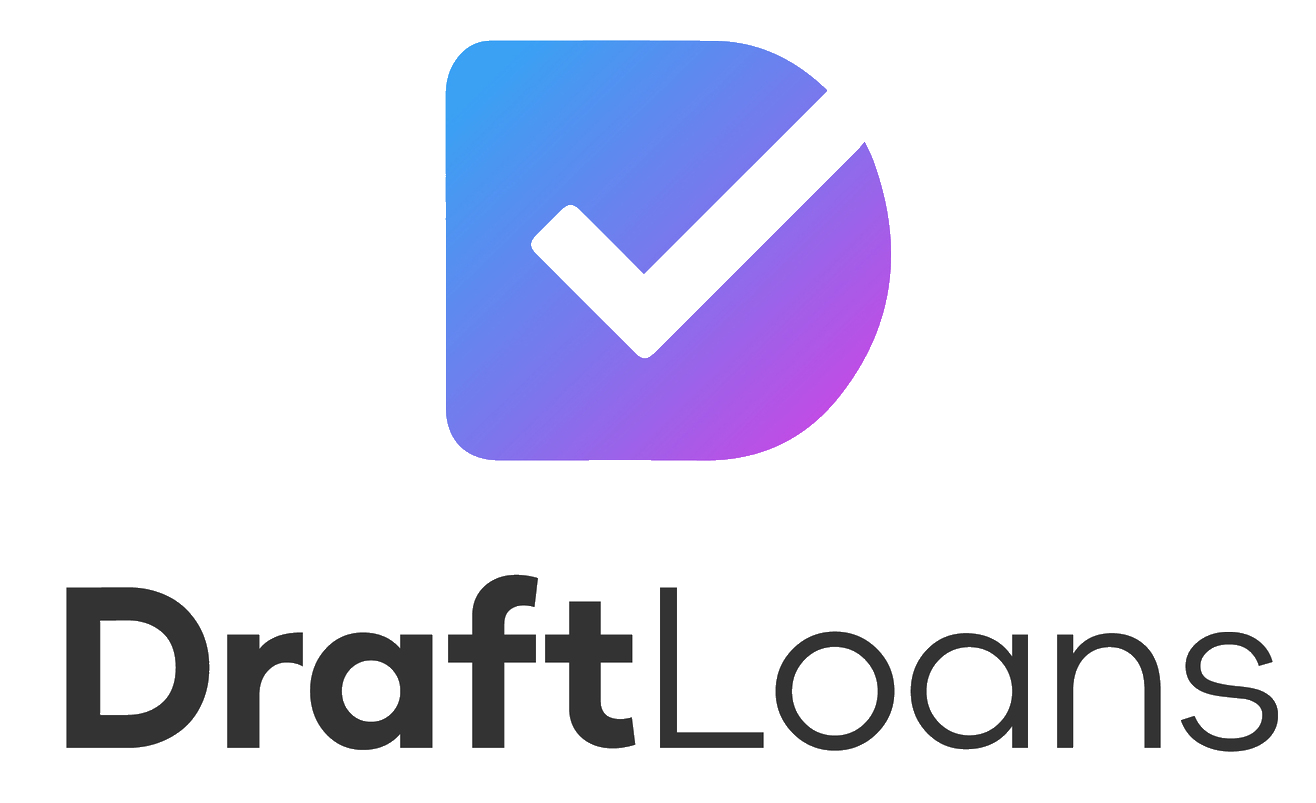Payday loans, also known as cash advances or paycheck advances, are short-term loans that provide quick access to cash for individuals facing immediate financial needs. While these loans can be a lifeline for some, they come with high interest rates and potential pitfalls. This article aims to provide a comprehensive explanation of how payday loans work, shedding light on the mechanics, risks, and considerations associated with this form of borrowing.
If you’d like help with money, you can apply for a payday loan with us.

The Basics of Payday Loans
Payday loans are typically small-dollar loans, often ranging from $100 to $1,000, designed to be repaid with the borrower’s next paycheck. The application process is relatively simple, requiring minimal documentation and credit checks, making them accessible to individuals with poor or no credit history.
How Payday Loans Work
A borrower typically visits a payday lending store or applies online to obtain a payday loan. They provide proof of income, a bank account, and personal information. The lender then calculates the loan amount, fees, and interest, typically due within two to four weeks.
On the due date, the borrower can repay the loan in full, including fees and interest, either through a post-dated check or an automatic withdrawal from their bank account. If they cannot repay the loan in full, they may have the option to renew it, paying only the fees and interest and rolling over the principal balance to a new loan term. This rollover process can lead to a cycle of debt.

Interest Rates and Fees
Payday loans are notorious for their high interest rates and fees. The annual percentage rates (APRs) on payday loans can often exceed 300%, making them one of the most expensive forms of borrowing. Costs can add up quickly, making it challenging for borrowers to escape the debt trap.
Risks and Pitfalls
One of the primary risks associated with payday loans is the debt cycle they can create. Borrowers who continually renew their loans may find themselves trapped in a cycle of debt, making it difficult to break free. Additionally, the high cost of payday loans can lead to financial instability and increased stress.
Frequently Asked Questions
How do payday lenders verify income for loan approval?
Payday lenders typically require proof of income through pay stubs, bank statements, or other financial documentation to verify a borrower’s ability to repay the loan.
What is the maximum loan amount for a payday loan?
The maximum loan amount varies by state but is typically between $100 and $1,000. State regulations and the borrower’s income may influence the loan amount.
Can I get a payday loan with bad credit?
Yes, payday loans are often available to individuals with poor credit or no credit history, as they primarily rely on income verification.
Are there alternatives to payday loans for quick cash?
Yes, alternatives include personal loans from banks or credit unions, borrowing from friends or family, or seeking assistance from local community organisations.
How can I break the cycle of payday loan debt?
Breaking the payday loan debt cycle involves creating a budget, seeking financial counselling, and exploring debt consolidation or repayment plans to eliminate the debt gradually.
Understanding how payday loans work is crucial for anyone considering this form of borrowing. While they provide quick access to cash, payday loans come with significant risks due to their high interest rates and fees. Borrowers should carefully weigh their options and consider alternatives before taking out a payday loan to avoid falling into a cycle of debt and financial instability.

